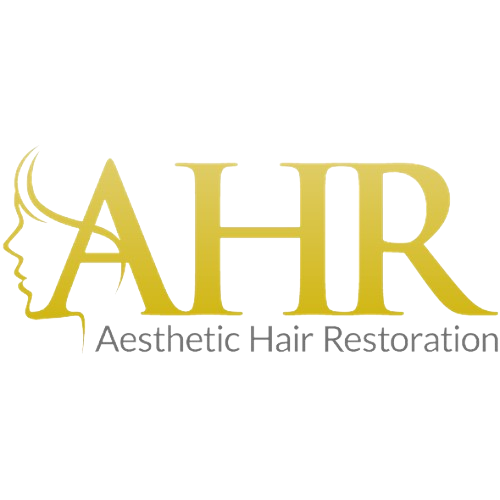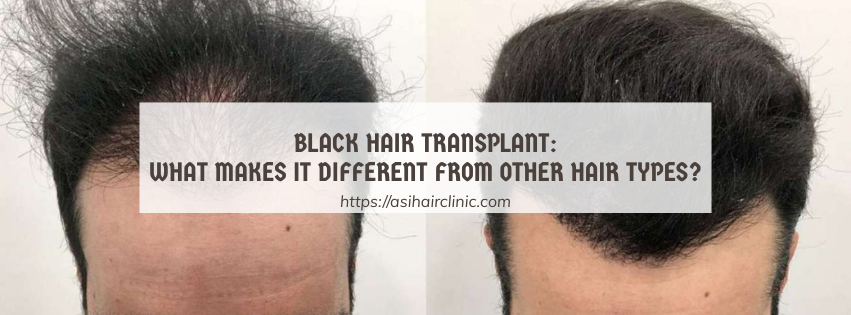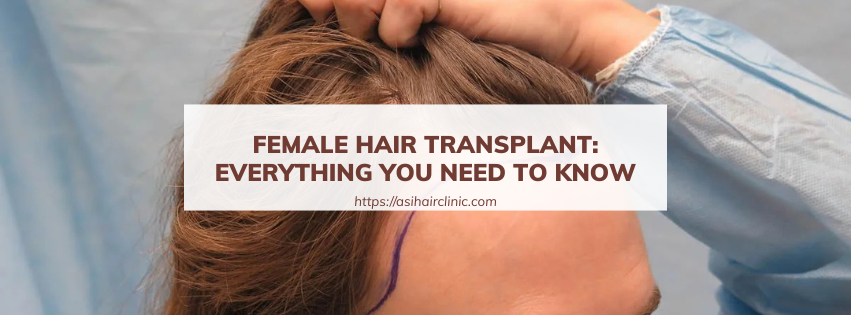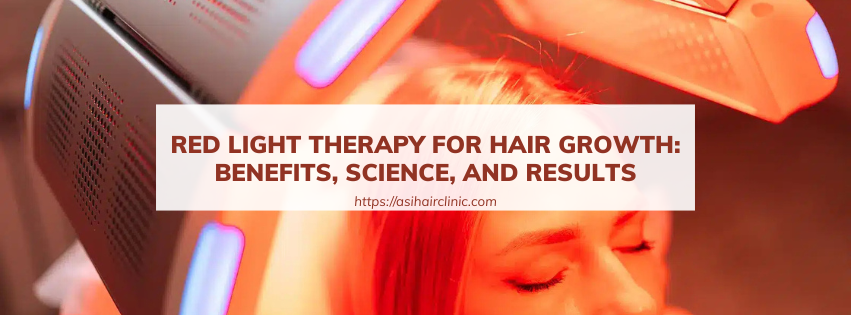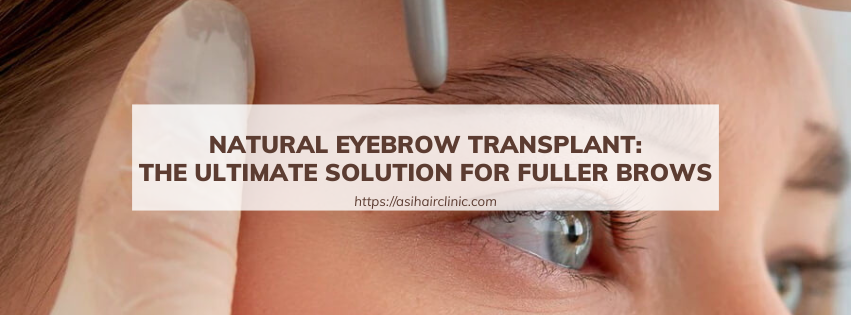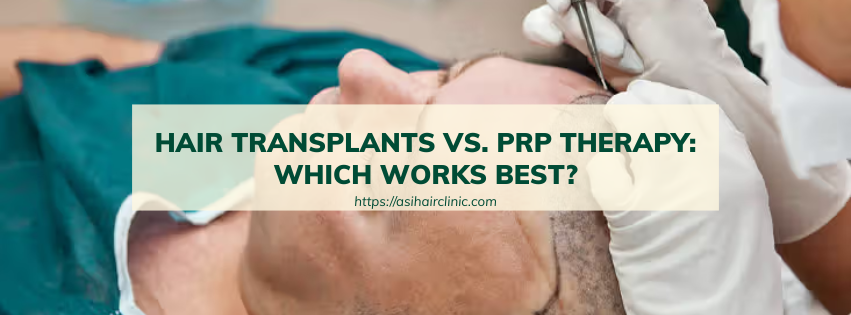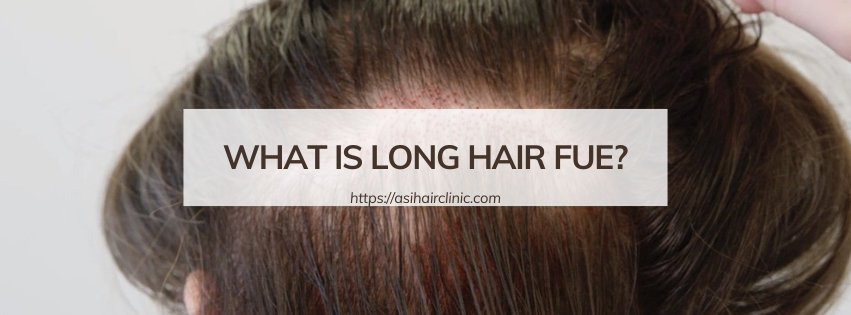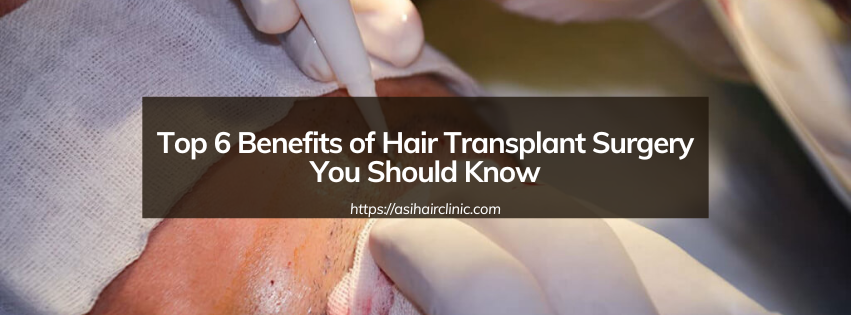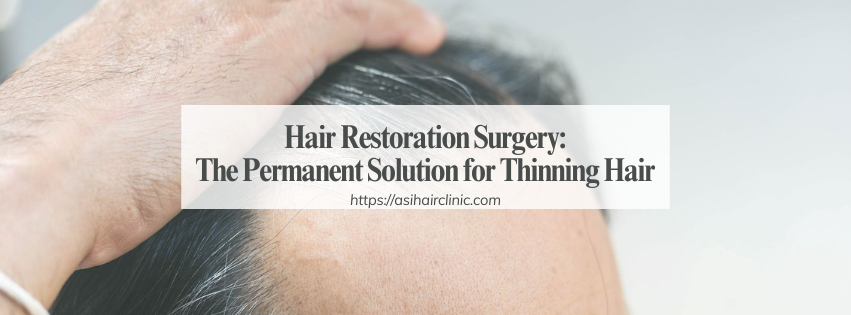Can Energy Drinks Cause Hair Loss?
Energy drinks have swept through modern culture, becoming ubiquitous across college campuses, gyms, and workplaces. They promise a burst of energy, alleviate fatigue, and even aid in social interactions. However, as their popularity has soared, so too have concerns about their potential side effects, particularly regarding hair loss. The question arises: can energy drinks truly lead to hair loss? Let's delve deeper into this intriguing relationship between energy drinks and the health of our hair.
Understanding the connection between energy drinks and hair loss is not as straightforward as it may seem. It involves examining various ingredients within these beverages, lifestyle factors, and how they impact our bodies and hair health. In this article, Aesthetic Hair Restoration will dissect these relationships, focusing on caffeine, sugar, additional ingredients, and lifestyle factors that could all play a role.
1. The Role of Caffeine: A Double-Edged Sword
Caffeine is undoubtedly the star player in the lineup of energy drink ingredients. Its energizing effect can be invigorating, but when consumed in excess, it can pose challenges for overall health, including potentially affecting hair growth.
1.1. Potential for Dehydration
One of caffeine's well-known effects is its ability to act as a diuretic, meaning that it can increase urine output and potentially lead to dehydration. Hydration plays a crucial role in maintaining healthy hair follicles; when hair follicles do not receive adequate moisture, they can become weak and more prone to shedding.
Dehydrated hair is often dry, brittle, and lacking in luster, which can contribute to an unkempt appearance and feelings of self-consciousness. Individuals might find themselves overusing energy drinks in hopes of combating fatigue, which can lead to a vicious cycle of dehydration and even further hair loss. Adequately hydrating with water, especially when consuming caffeinated products, is critical for both body and hair health.
1.2. Potential for Hormonal Imbalances
The realm of hormones is quite complex, and emerging research suggests that excessive caffeine consumption may disrupt hormonal balance in some individuals. Dihydrotestosterone (DHT), an androgen hormone, is a significant factor in male and female pattern baldness. While studies specifically linking caffeine to DHT levels are scarce, the idea that caffeine could affect testosterone levels-potentially increasing DHT production-cannot be ignored.
If high caffeine consumption leads to increased DHT in susceptible individuals, this could exacerbate genetic predispositions towards hair loss. Keeping caffeine intake in check and monitoring any changes in hair health could offer valuable insights into personal responses to energy drink consumption.
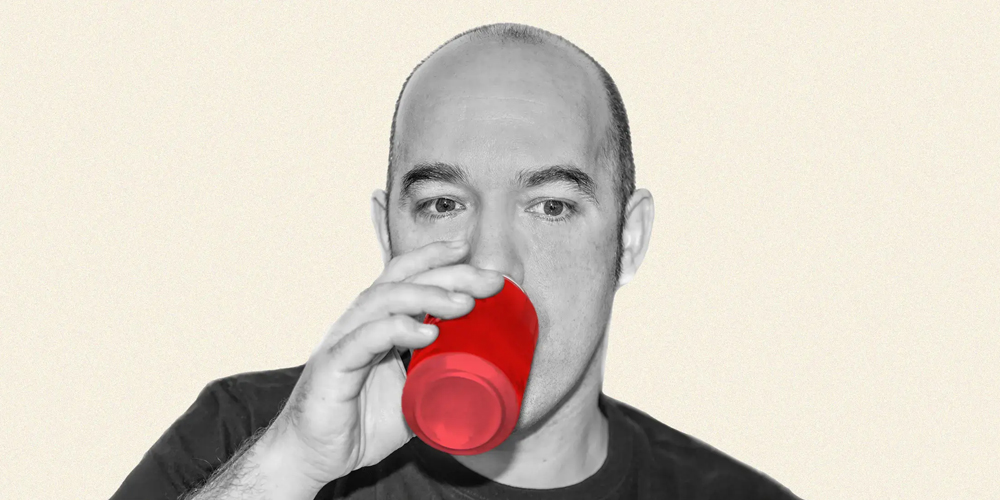
1.3. Possible Sleep Disruption
Another major concern regarding energy drink consumption is its potential to disrupt sleep patterns. Many people rely on these drinks to push through late-night study sessions or demanding work shifts; however, sleep deprivation itself is a known contributing factor to hair loss. When the body is deprived of restful sleep, it produces higher levels of cortisol, a stress hormone that can negatively impact hair follicles.
Chronic sleep deprivation can lead to systemic stress, which manifests physically in many forms, including hair thinning and loss. Prioritizing sleep hygiene and being mindful of when to consume energy drinks could mitigate these risks while promoting healthier hair growth.
2. Impact of Sugar: The Sweet Saboteur?
While caffeine takes center stage, sugar often plays a supporting role in energy drinks, adding sweetness and flavor that makes these beverages appealing. However, the high sugar content may come with its own set of consequences that could indirectly contribute to hair loss.
2.1. Potential for Insulin Resistance
Sugar consumption spikes insulin levels, which can lead to a state of insulin resistance if excessive amounts are regularly ingested. This condition can trigger inflammation throughout the body and interfere with normal hair follicle functioning. While direct links between sugar and hair loss are still being researched, the correlation between chronic inflammation and hair health is well established.
When the body is inundated with too much sugar, it can lead to a cascade of metabolic issues, including increased blood sugar levels and hormonal imbalances that could ultimately affect hair growth. Opting for energy drinks with lower sugar content or seeking out naturally sweet alternatives can help maintain stable blood sugar levels and promote better overall health.
2.2. Increased Inflammation
Inflammation has become a buzzword in health discussions, and for good reason. Chronic inflammation has been linked to numerous health problems, including hair loss. Sugary drinks can promote inflammation throughout the body, impacting not just internal organs but also the scalp.
An inflamed scalp creates an unfavorable environment for hair follicles, causing them to weaken and potentially lead to shedding. By reducing sugar intake and opting for healthier sources of energy, such as whole foods rich in nutrients, individuals can foster a healthier environment for hair growth.
2.3. Nutritional Deficiencies
Energy drinks can easily displace nutrient-rich foods from one's diet, leading to deficiencies in essential vitamins and minerals critical for maintaining hair health. B vitamins, iron, zinc, and protein are all vital components for healthy hair growth. A diet overly reliant on processed foods and sugary beverages can fail to provide adequate nourishment, leaving hair follicles without the necessary building blocks.
Incorporating a variety of fruits, vegetables, lean proteins, and whole grains into your daily meals can ensure that you are supporting your hair health from the inside out. Because the health of our hair often reflects our dietary choices, focusing on balanced nutrition is key.
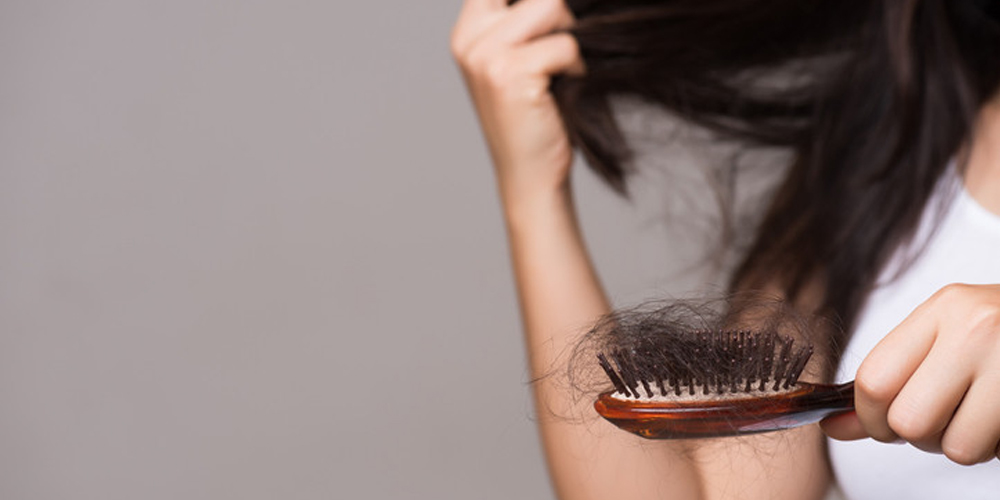
3. Additional Ingredients: Hidden Risks
Energy drinks often contain various other ingredients beyond caffeine and sugar, some of which could have implications for hair health. Understanding how these substances interact with the body can help individuals make more informed choices.
3.1. Taurine: The Controversial Ingredient
Taurine is an amino acid commonly found in energy drinks and thought to aid in energy metabolism and support cardiovascular health. While moderate taurine consumption appears to be safe, some studies suggest that excessive use may be harmful to hair follicles, potentially leading to hair thinning.
For those who consume energy drinks regularly, it's wise to monitor overall taurine intake. Considering alternative sources of energy that do not include additives may benefit hair health.
3.2. Guarana: A Stimulant with Side Effects
Guarana is another stimulant often included in energy drinks. While it may enhance alertness and physical performance, it can also lead to heightened anxiety and jitteriness, especially in sensitive individuals. Anxiety and stress can lead to hair loss, making guarana a double-edged sword for consumers.
Recognizing your tolerance levels and being aware of how specific stimulants affect your stress response can help guide choices in energy drink consumption. Exploring natural ways to boost energy, such as exercise or mindfulness practices, can yield positive results for both mental health and hair health.
3.3. Artificial Colors and Flavors: Allergic Responses
The bright colors and bold flavors of most energy drinks can be attributed to artificial additives, which may trigger allergic reactions in some individuals. Allergies can result in inflammation, including in the scalp area, creating an unsuitable environment for hair follicles to thrive.
Choosing energy drinks carefully and reading ingredient labels can help avoid unnecessary exposure to artificial components that may aggravate sensitivities. Incorporating natural energy boosters instead can create a healthier pattern of consumption.
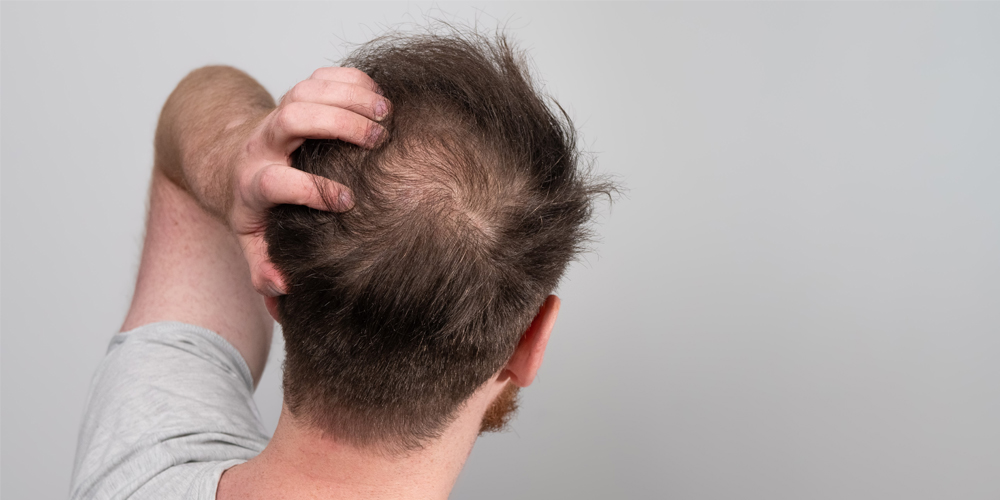
4. Lifestyle Factors: The Bigger Picture
To fully understand the potential link between energy drinks and hair loss, one must consider the broader lifestyle context in which these beverages are typically consumed. Often, energy drinks are used to cope with busy schedules, lack of sleep, and unhealthy eating patterns-all factors that can impact hair health.
4.1. Stress and Anxiety: A Hair Loss Catalyst
Energy drinks are frequently utilized to combat feelings of fatigue brought on by stress and anxiety. However, prolonged stress can lead to hair loss conditions such as telogen effluvium, where hair enters the resting phase prematurely due to stress-induced hormone fluctuations.
Incorporating stress-reduction techniques into daily life-such as yoga, meditation, or spending time in nature-can help counteract these effects. Recognizing that energy drinks cannot substitute for healthy coping mechanisms will allow individuals to navigate challenging periods while protecting their hair health.
4.2. Poor Diet: Nutritional Gaps
As mentioned previously, energy drinks can inadvertently replace meals or nutritious snacks. This trend can result in nutritional deficiencies that compromise hair health. It's essential to prioritize a well-rounded diet full of nutrient-dense foods that provide the body with the vitamins and minerals necessary for hair growth.
Taking the time to prepare wholesome meals and incorporating a variety of food groups can have long-lasting benefits, not only for hair health but for overall wellbeing.
4.3. Lack of Exercise: Impact on Circulation
Sedentary lifestyles are often associated with regular energy drink consumption, which can impede circulation and overall health. Poor circulation can negatively affect hair follicles, leading to diminished growth and increased shedding rates.
Regular physical activity promotes blood flow, delivering oxygen and nutrients to the scalp. Finding enjoyable ways to incorporate exercise, whether through recreational sports or group classes, can enhance both mood and hair vitality.
Conclusion
In summary, the relationship between energy drinks and hair loss is complex and multifaceted. While there’s no definitive evidence linking energy drinks directly to hair loss, several ingredients and lifestyle factors associated with their consumption can contribute to this issue. Understanding the impact of caffeine, sugar, and other additives, combined with lifestyle choices, can empower individuals to make informed decisions regarding their energy drink intake.
Moderation, awareness, and holistic health practices are essential for maintaining vibrant hair and overall wellness. By prioritizing hydration, nourishing diets, effective stress management, and regular exercise, individuals can cultivate a foundation for healthy hair growth. If experiencing significant hair loss, consulting a healthcare professional can provide guidance tailored to individual needs. Remember, investing in overall health today paves the way for a more confident tomorrow.
LATEST POSTS
